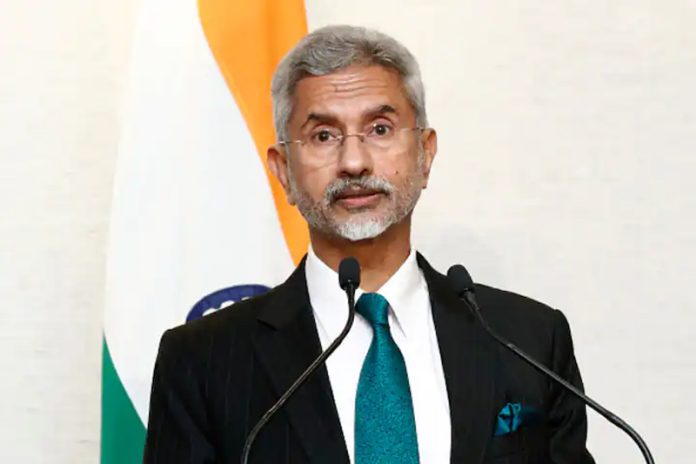NEW DELHI, May 4 : External Affairs Minister S Jaishankar on Saturday said that when the tensions in the Gulf area were high due to Iran and Israel launching attacks on each other, he spoke with his counterparts from both countries, on the directions of PM Narendra Modi, asking them to de-escalate the situation, adding, “and that is what happened”.
Answering questions at a press meet in Bhubaneswar, the EAM said, referring to India’s role in the Middle East situation: “As part of our own political efforts, on Modi-ji’s saying, I spoke to the foreign ministers of both nations on phone and told them that the whole world wants you not to escalate the war, and act responsibly to de-escalate the situation. And that is what happened.”
EAM Jaishankar had spoken on phone with his counterparts — Israeli Foreign Minister Israel Katz and Iranian FM Amirabdollahian ? on April 14, to discuss the Gulf situation, in the aftermath of the two nations increasing attacks on each other.
EAM also said there are around 90 lakh Indians living and working in the Middle East.
“Today there are around 90 lakh Indians living and working in the Middle East Gulf region. It is our endeavour that they are looked after in case tensions flare, and we are able to take care of them. The rulers of the Gulf countries hold Modi-ji in very high esteem; and during Covid times they extended a lot of preferential treatment for Indians ,” he added.
“Currently, our diaspora there, we monitor them and look after them. And for those who work in the field of shipping we have taken an initiative for them; 21 Indian naval ships have been deployed there and their work is to maintain peace there and they guard the entire area so that the merchant shipping are not attacked,” he said, in reference to the Houthi attacks on commercial ships in the Red Sea region.
On Nepal’s decision to introduce new currency notes featuring disputed territories, he said: “I saw that report. I have not looked at it in detail, but I think our position is very clear. With Nepal, we were having discussions about our boundary matters through an established platform. And then in the middle of that, they unilaterally took some measures on their side. But by doing something on their side, they are not going to change the situation between us or the reality on the ground.” (UNI)


